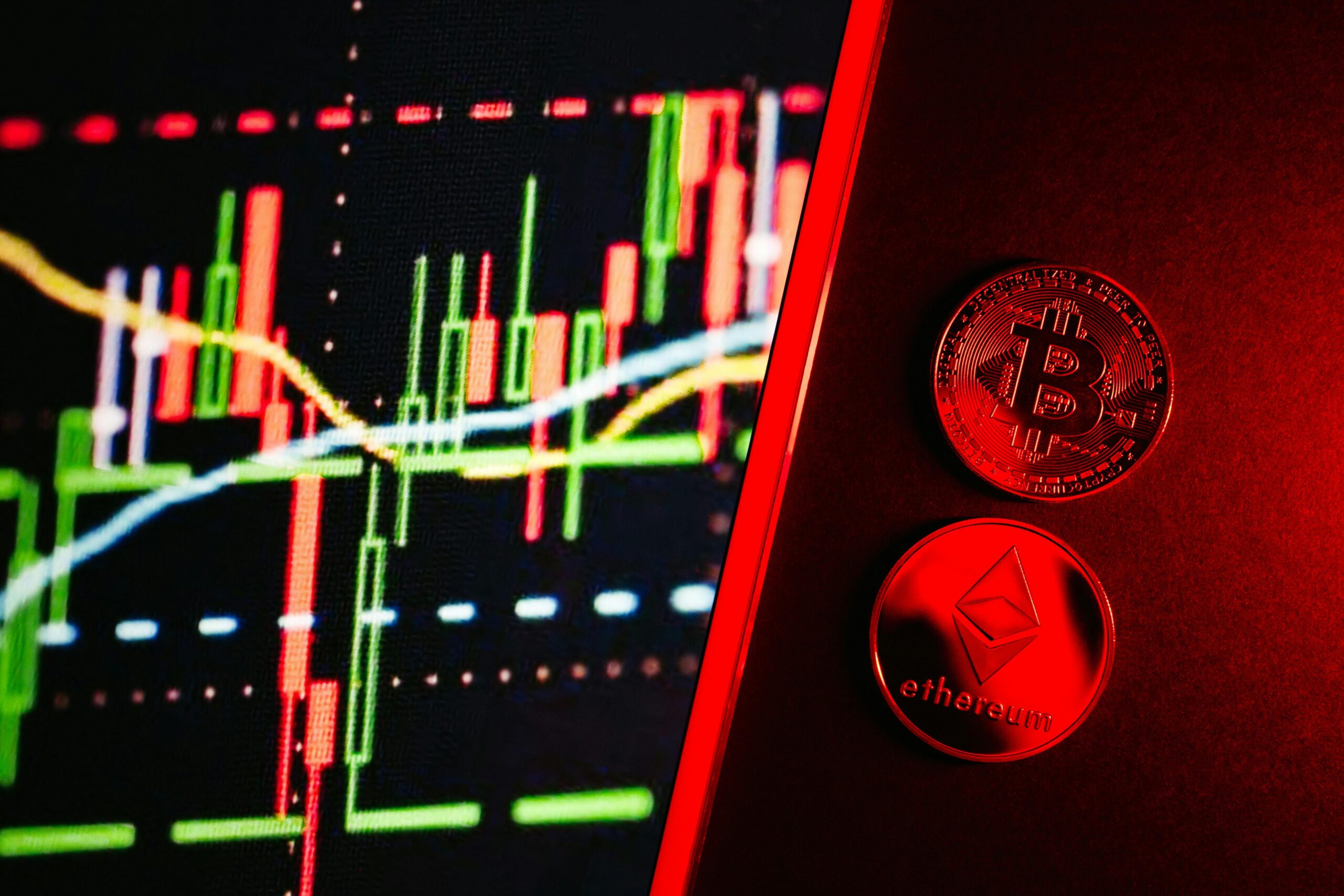The intersection of artificial intelligence (AI) and blockchain is rapidly transforming the cryptocurrency landscape. AI’s ability to analyze vast datasets and make real-time predictions, combined with blockchain’s transparency and security, is unlocking new possibilities in trading, security, fraud detection, and decentralized applications (dApps). In this article, we explore how machine learning is reshaping the crypto …
AI Meets Blockchain: How Machine Learning is Changing Crypto

The intersection of artificial intelligence (AI) and blockchain is rapidly transforming the cryptocurrency landscape. AI’s ability to analyze vast datasets and make real-time predictions, combined with blockchain’s transparency and security, is unlocking new possibilities in trading, security, fraud detection, and decentralized applications (dApps). In this article, we explore how machine learning is reshaping the crypto ecosystem and what the future holds for this powerful combination.
How AI and Blockchain Work Together
AI and blockchain are fundamentally different technologies, but their convergence creates a powerful synergy:
- AI for Data Analysis: Machine learning algorithms process vast amounts of blockchain data to uncover trends and predict market movements.
- Blockchain for Security and Transparency: AI models run on decentralized networks, reducing data manipulation and ensuring trustless interactions.
- Smart Contracts with AI Integration: AI-driven smart contracts can execute automated financial decisions based on real-time market analysis.
Use Cases of AI in Blockchain and Crypto
1. AI-Powered Crypto Trading
One of AI’s biggest impacts on the crypto space is algorithmic trading. AI-driven bots analyze market patterns and execute trades faster than human traders. These bots leverage:
- Sentiment analysis: AI scans news sources, social media, and market trends to predict price movements.
- Predictive analytics: Machine learning models analyze historical price data to forecast future trends.
- Automated portfolio management: AI adjusts investment strategies based on market conditions.
2. Fraud Detection and Security
AI enhances security by detecting suspicious activities and preventing fraud in the crypto ecosystem:
- Anomaly detection: AI identifies irregular transactions and potential hacks.
- Behavioral analysis: AI tracks user behavior to detect unauthorized access attempts.
- Anti-money laundering (AML) compliance: AI helps exchanges comply with regulatory requirements by identifying illicit activities.
3. Smart Contracts with AI Integration
AI-enhanced smart contracts enable more complex and autonomous operations:
- Self-improving contracts: AI optimizes contract performance by learning from past interactions.
- Automated dispute resolution: AI can analyze contract disputes and suggest fair resolutions.
- Predictive decision-making: AI helps smart contracts execute financial decisions based on real-time data.
4. Decentralized Finance (DeFi) and AI
AI is revolutionizing DeFi by improving efficiency and risk management:
- Risk assessment: AI evaluates borrower creditworthiness for decentralized lending platforms.
- Yield optimization: AI recommends high-yield farming strategies based on market conditions.
- Dynamic interest rates: AI-powered lending platforms adjust interest rates based on supply and demand.
5. AI in NFTs and Metaverse Applications
AI is also making its way into the world of non-fungible tokens (NFTs) and the metaverse:
- AI-generated art and music: AI creates unique NFTs with algorithmically generated content.
- Personalized experiences in virtual worlds: AI enhances user interactions in metaverse platforms.
- NFT valuation models: AI predicts the market value of digital assets based on historical sales data.
Challenges and Concerns of AI in Blockchain
Despite its benefits, AI integration in blockchain faces challenges:
- Data privacy risks: AI requires large datasets, raising concerns about user privacy.
- Bias in AI algorithms: If AI models are trained on biased data, they can reinforce existing inequalities.
- Complexity in AI-smart contract execution: AI-driven smart contracts require advanced computing power, leading to scalability issues.
- Regulatory uncertainties: AI and blockchain together create new challenges for policymakers and regulators.
The Future of AI in Crypto
As AI and blockchain technologies continue to evolve, we can expect:
- More efficient and secure DeFi applications that utilize AI for fraud detection and risk assessment.
- Increased AI adoption in blockchain security to prevent cyber threats and enhance privacy.
- AI-powered governance in DAOs to improve decision-making in decentralized organizations.
- Smarter blockchain networks that self-optimize for performance and energy efficiency.
Conclusion
The fusion of AI and blockchain is shaping the future of cryptocurrency by enhancing trading, security, DeFi, and NFTs. While challenges exist, the potential for innovation is immense. As AI-driven solutions become more sophisticated, they will further revolutionize how we interact with blockchain networks and digital assets.









